Olympics and Politics
Berlin & Barcelona 1936
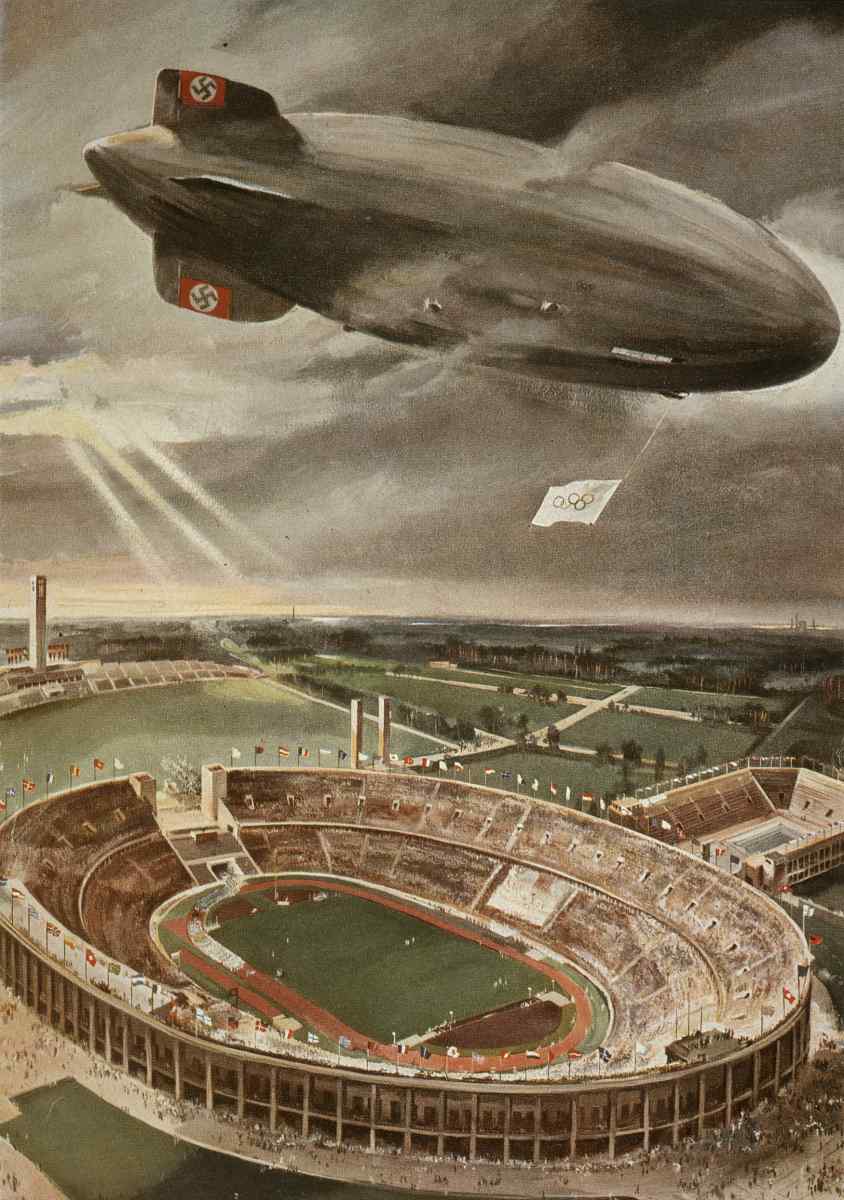
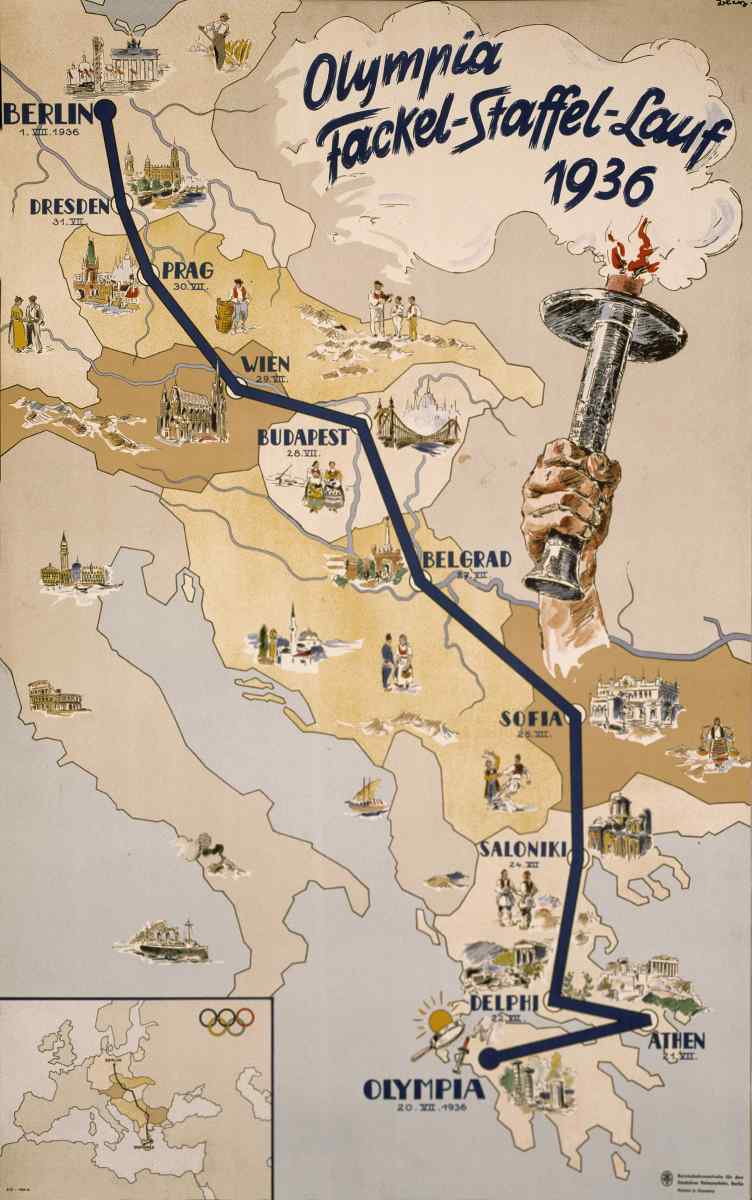
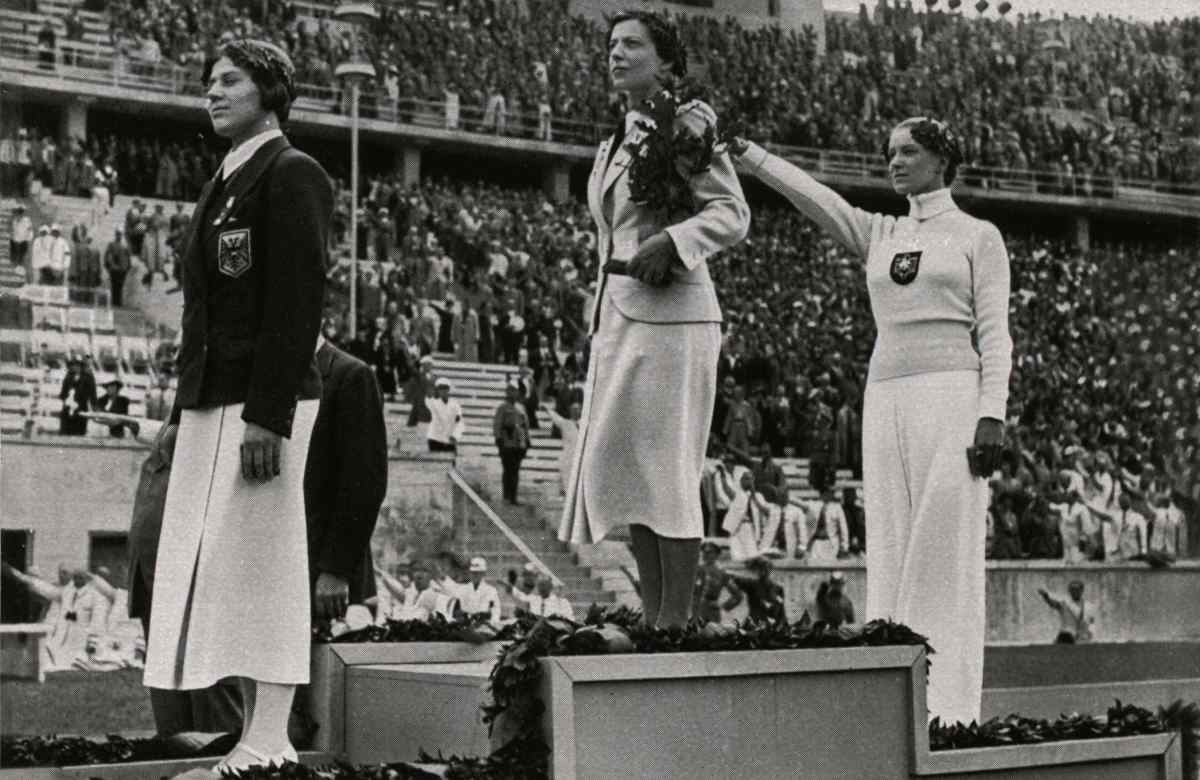
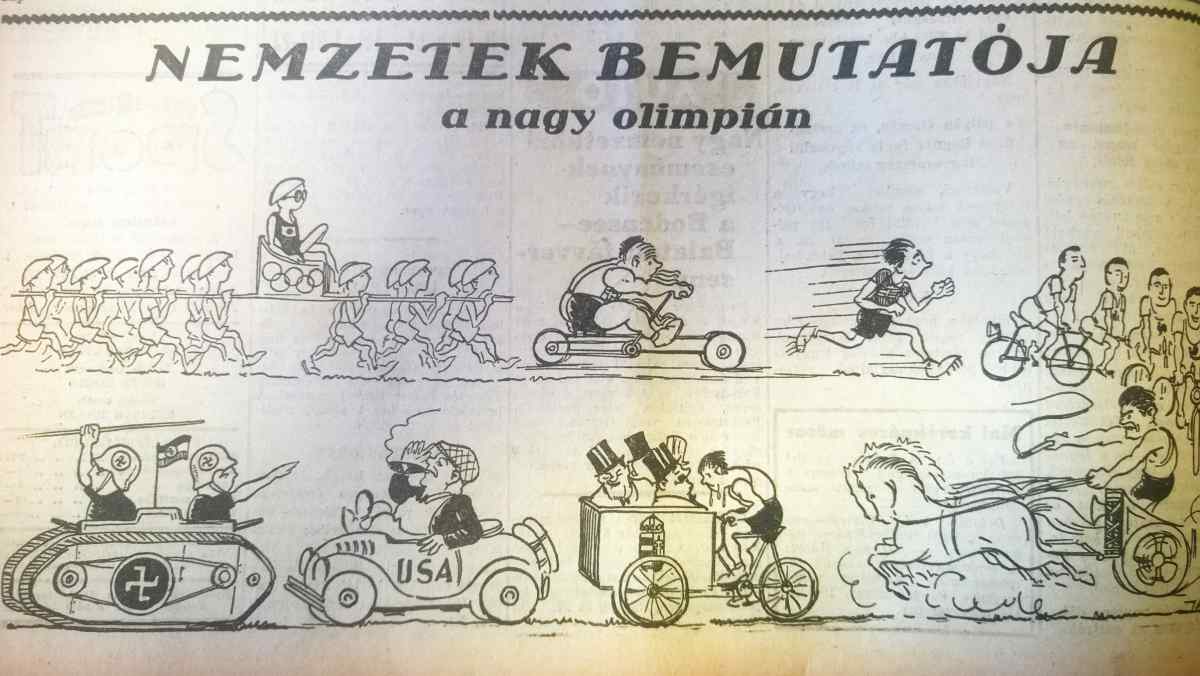
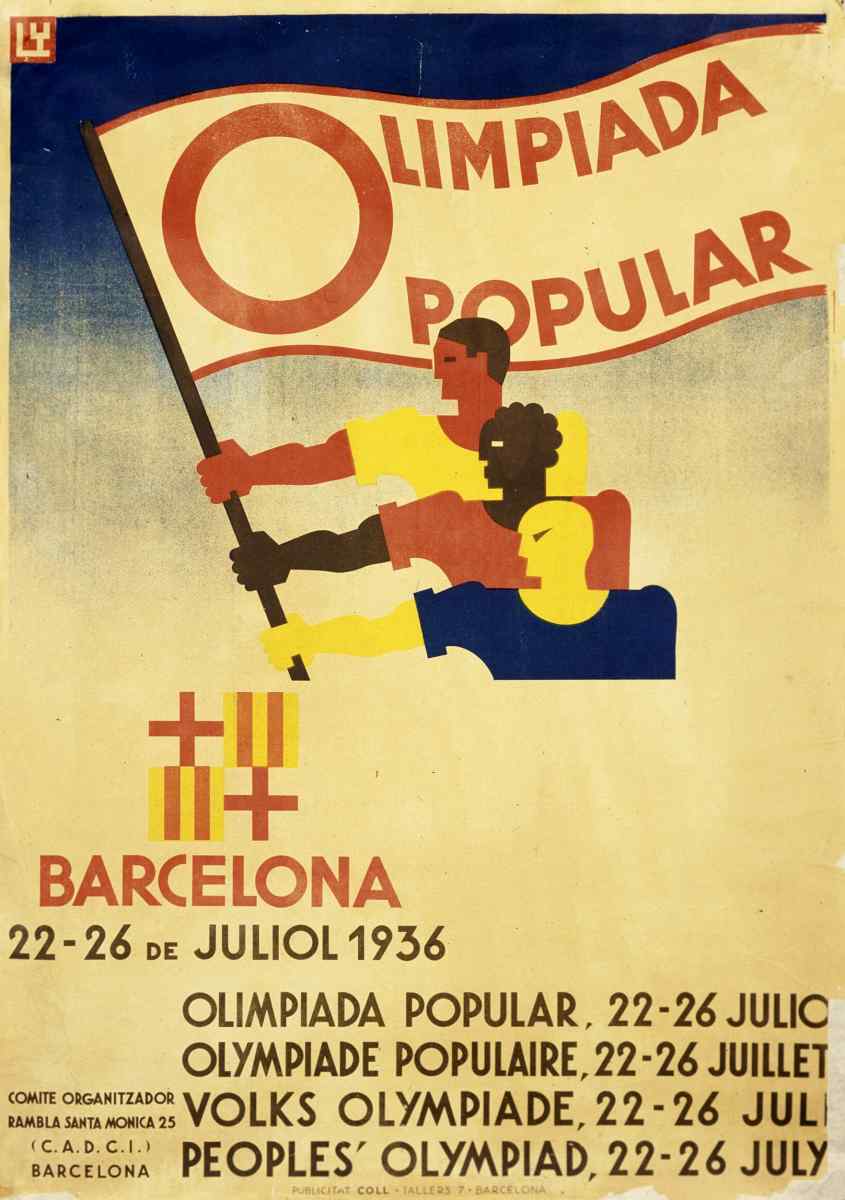
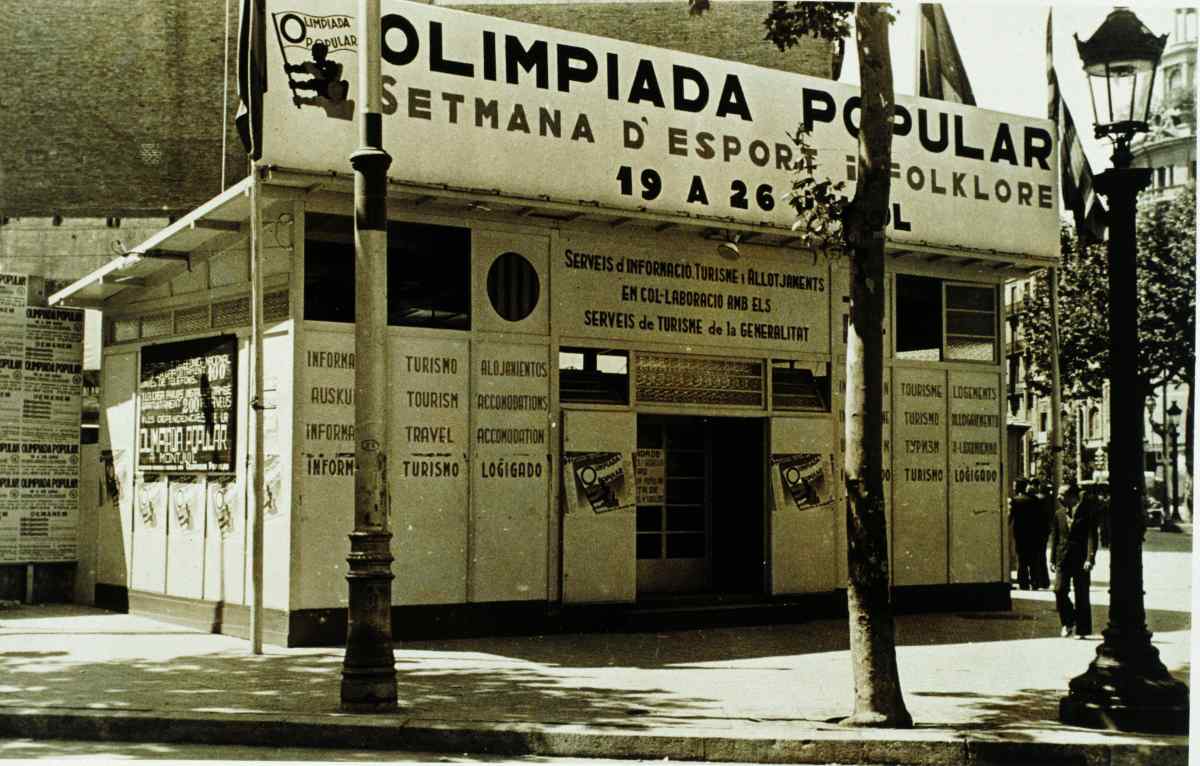
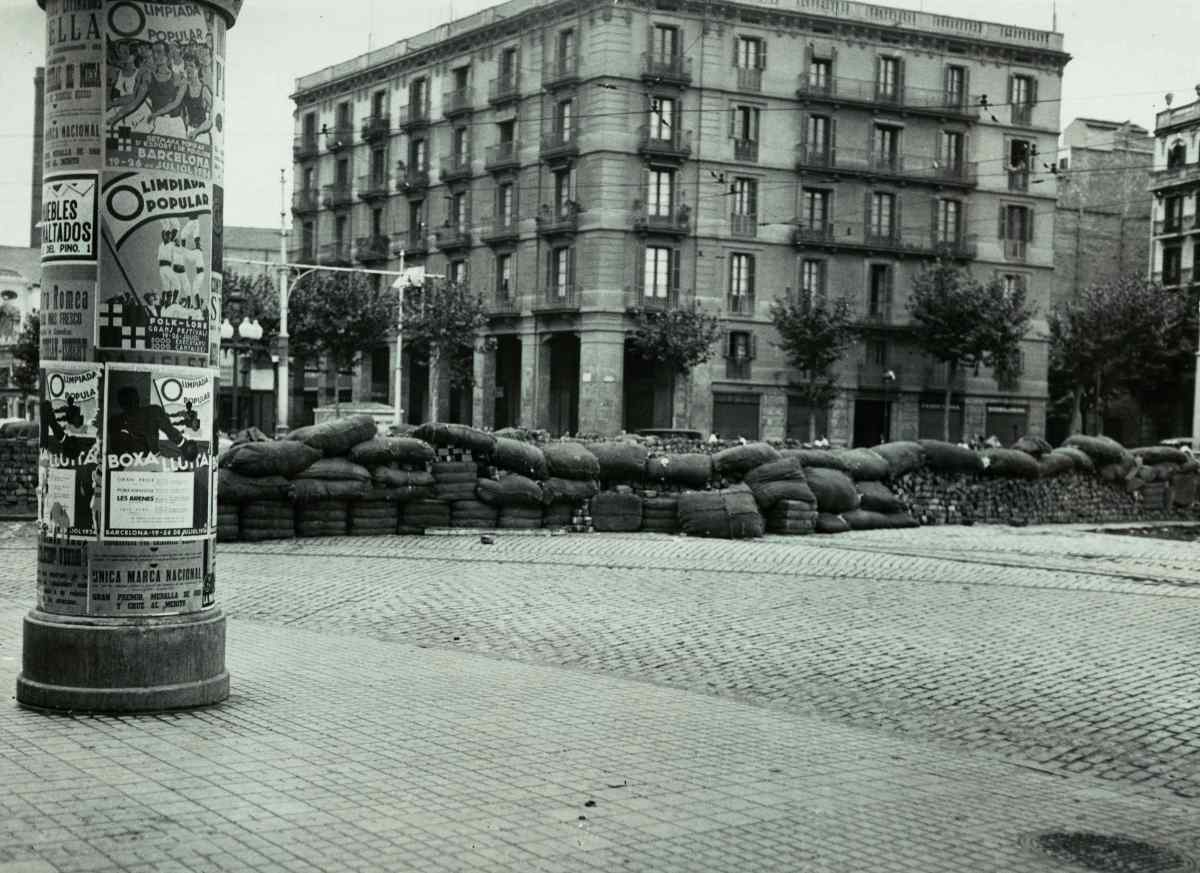
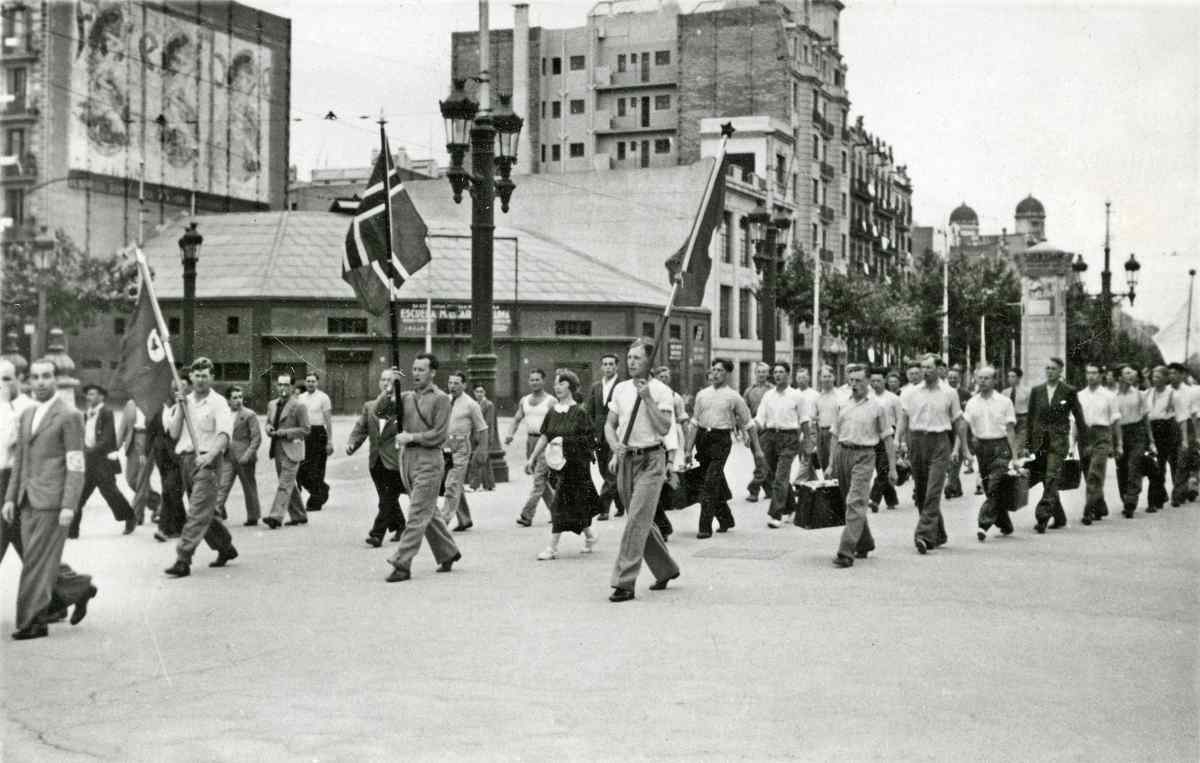
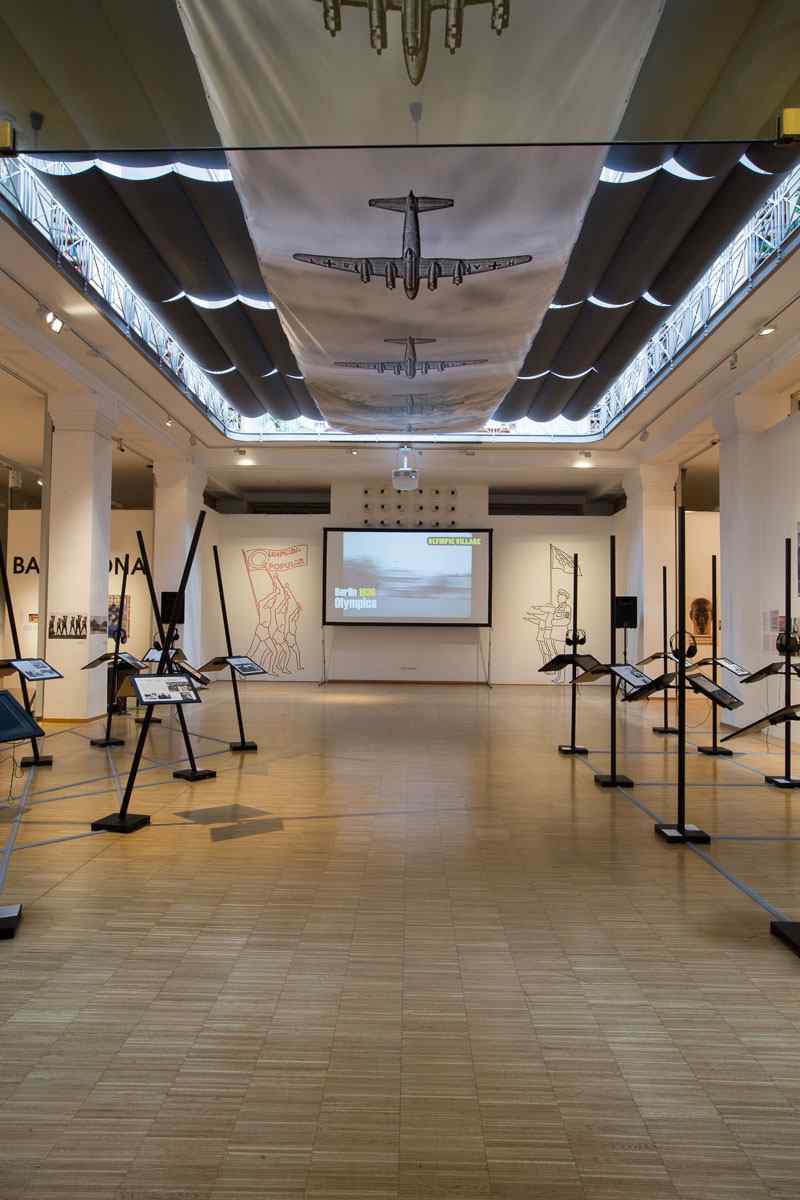
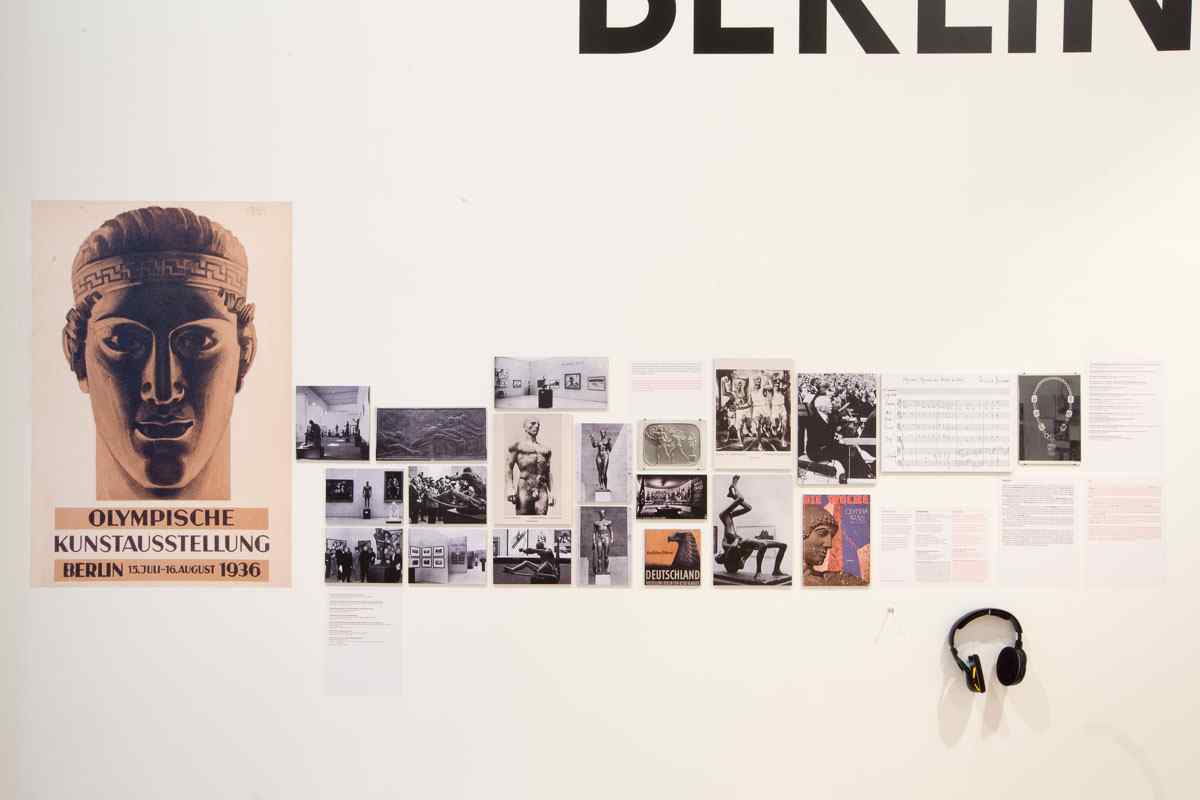
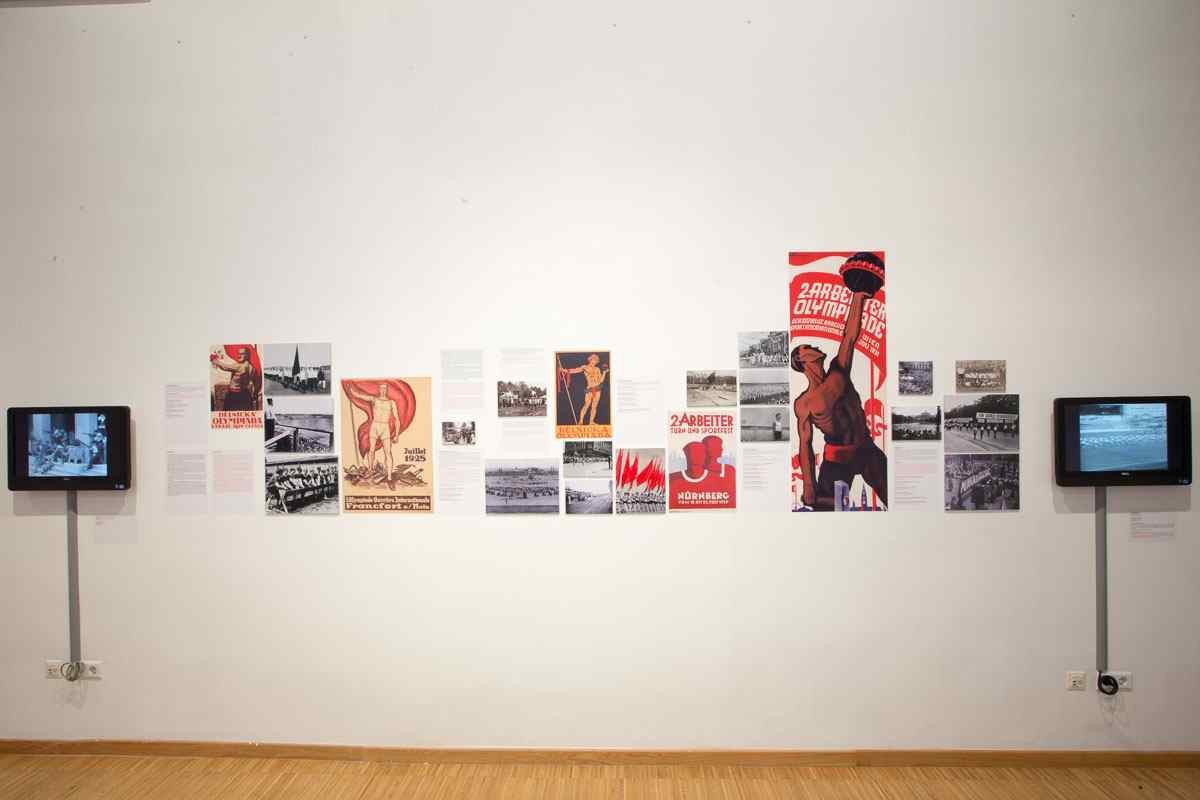
kiállítás design l exhibition design by RAJK László
Arbeiderbevegelsens arkiv og bibliotek (Arbark), Oslo
Archivio de Salamanca, Centro de la Memoria Histórica, Salamanca
Arxiu Fotogràfic de Barcelona
Arxiu Històric de la Ciutat de Barcelona
Arxiu Municipial de Barcelona
Arxiu Nacional de Catalunya, Barcelona
Architekturmuseum, TU-Berlin
Biblioteca de l'Esport de la Generalitat de Catalunya, Esplugues de Llobregat
Biblioteca Nacional de España, Madrid
bpk – Bildagentur für Kunst, Kultur und Geschichte
Bundesarchiv
Deutsches Rundfunkarchiv, Potsdam
Deutsches Historisches Museum, Berlin
Fortepan
Fundación Barcelona Olímpica / Museo Olímpico de Barcelona
Fundació Pau Casals, Barcelona
Institut Cartogràfic de Catalunya, Barcelona
International Institute of Social History, Amsterdam
Magyar Nemzeti Múzeum, Történeti Fényképtár, Budapest
Magyar Olimpiai és Sportmúzeum, Budapest
Magyar Vívó Szövetség, Budapest
MaNDA – Magyar Nemzeti Digitális Archívum és Filmintézet
Nemzeti Sportközpontok
Politikatörténeti Intézet, Politikatörténeti és Szakszervezeti Levéltár, Budapest
Stadsarchief, Amsterdam
Tamiment Library & Robert F. Wagner Labor Archives, ALBA (Abraham Lincoln Brigade Archives), New York
The Olympic Television Archive Bureau, London
Ullsteinbild
United States Holocaust Memorial Museum, Washington D.C.
Warwick University, Modern Records Centre, Coventry
In the summer of 1936, two European cities were preparing to stage Olympic events: in Berlin, the Nazi regime was organizing the apotheosis of the triumph of the will, the XI. Summer Olympic Games, while in Barcelona, the Republican government was getting ready to host the Olimpíada Popular (Popular Olympics, People’s Olympics, or Workers’ Olympics). The Spanish government was a committed supporter of the international boycott of the Nazi Olympics, and wanted the workers’ Olympics to provide an alternative—based on solidarity, and peaceful competition between individuals, regions, and nations—to the official Olympic Games, which had increasingly come to serve political propaganda, commercial spectacle, and nationalist rivalry. The opening of the Berlin games was heralded by fanfares, Richard Strauss’s Olympic Hymn, the overture to Richard Wagner’s The Mastersingers of Nuremberg, and the tolling of the Olympic bell. In Barcelona, the peal of civil war cannons was swept away by the singing of thousands of workers who intended to take part in the Olimpíada. One day before the planned opening ceremony, General Francisco Franco and his troops staged a military putsch. The next day, the guns were already firing in Barcelona. The Workers’ Olympics failed, and the opening ceremony was cancelled. However, many of the thousands of athletes, who had come to Spain from all around the world, chose to stay, and with the formation of the International Brigades, fought on the Republican side. Many of them took up arms against the pro-Franco German Condor Legion, which bombed Spanish towns to smithereens. It was in Barcelona, and the Spanish Civil War, where the world could, for the first time, experience the essence of the regime that used the Olympics so perfectly and shrewdly for its own political propaganda purposes.
On the 80th anniversary of the Berlin Summer Olympic Games and the Olimpíada Popular, the exhibition Olympics and Politics – Berlin / Barcelona 1936 presents how these international sporting events became the battlefield of ideological conflict. The two Olympics were organized on the basis of radically conflicting ideologies, for opposite aims, and in terms of completely different concepts of the world, of sport, of competition, of the human body and of the essence of true accomplishment. The Barcelona Workers’ Olympics wanted to provide a real alternative to the Berlin Olympics, which was supported by the International Olympic Committee. Using numerous archival sources (newsreels, films, photos, and so on), the exhibition views the two-week spectacle of the Berlin games, which presaged a terrible global tragedy, through the lenses of the Barcelona Workers’ Olympics.
The video documentation of the exhibition is available on Blinken OSA’s YouTube Channel.